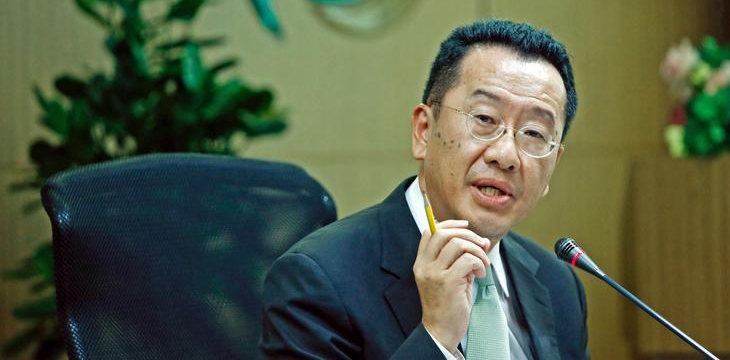|
Getting your Trinity Audio player ready...
|
Taiwan’s regulators are taking a bold step towards regulating initial coin offerings (ICOs) in the country.
Wellington Koo, the chairman of Taiwan’s Financial Supervisory Commission (FSC), has revealed that investing in ICOs will soon be easy and safe in Taiwan. The chairman revealed the commission is in the process of drafting regulations that will simplify the ICO process for investors and will make digital tokens liquid as stocks. According to the Taipei Times, the FSC has plans to set up the regulation by June of 2019. The regulatory body has already started a review process under which different types of token offerings would qualify to become regulated products.
During a meeting of the Legislative Yuan’s Finance Committee, Koo confirmed that the FSC has no intention of regulating utility tokens. Koo was quoted by the news outlet as saying, “The commission has no intention of curbing the creativity and productivity associated with cryptocurrencies if they are not used as securities.”
Koo made the remarks after Chinese Nationalist Party legislator William Tseng addressed the issue of Taiwanese government’s plans for regulating ICOs during a question-and-answer session. According to the FSC chairman, a regulatory framework will grant investors will have access to better products and reduce fraud, saying, “The more we regulate, the more this new economic behavior wanes.”
Koo has shown a great deal of support for the crypto sector as chairman of the FSC. In 2017, he refused to place outright bans on crypto related activities. He told the Taiwanese parliament that he preferred Taiwan to be an enabling environment for the development and adoption of blockchain technology and cryptocurrencies.
Taiwan is not the only country taking positive actions towards ICOs; South Korea might also lift its ICO ban sometime this year. Lee Hye-hoon, the chairperson of The National Assembly Special Committee while speaking at the 2018 Korea Blockchain Expo revealed that the ban may be lifted in the “near future.”

 03-01-2026
03-01-2026 




